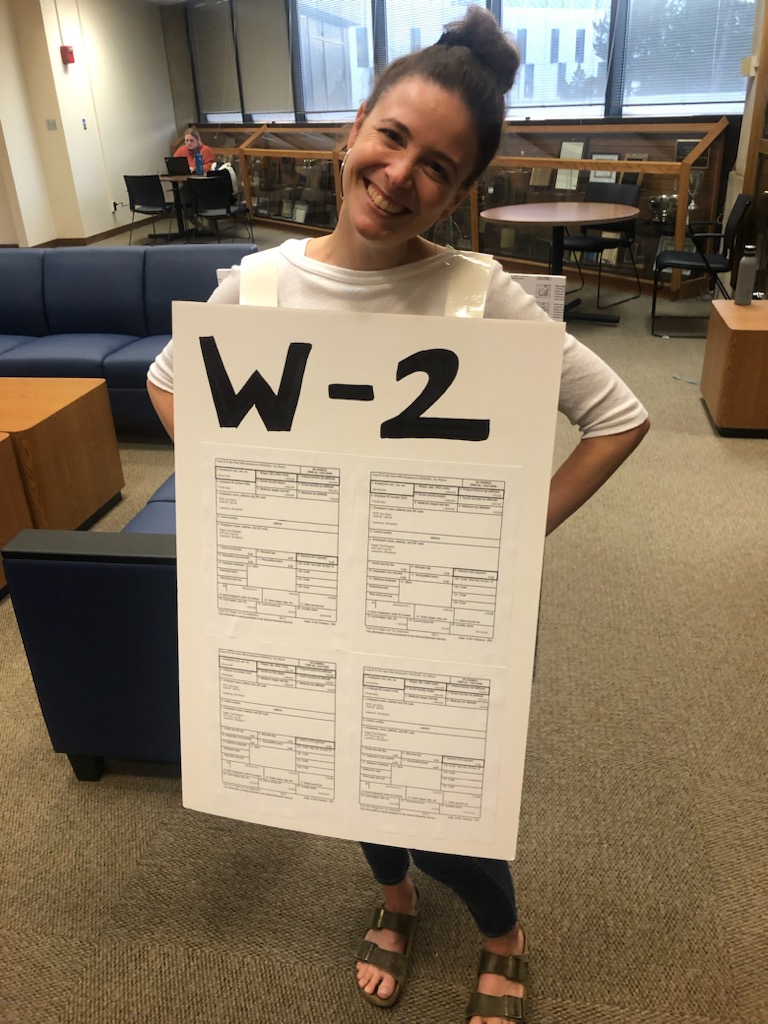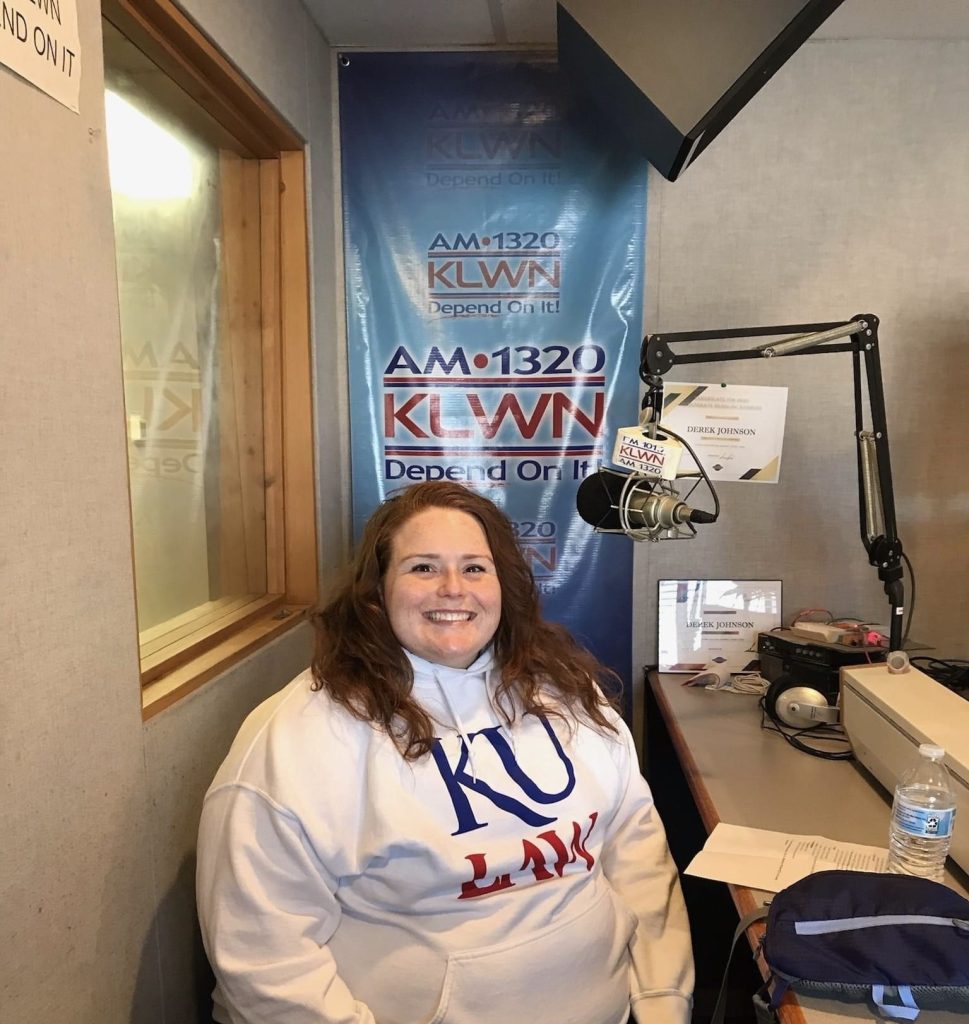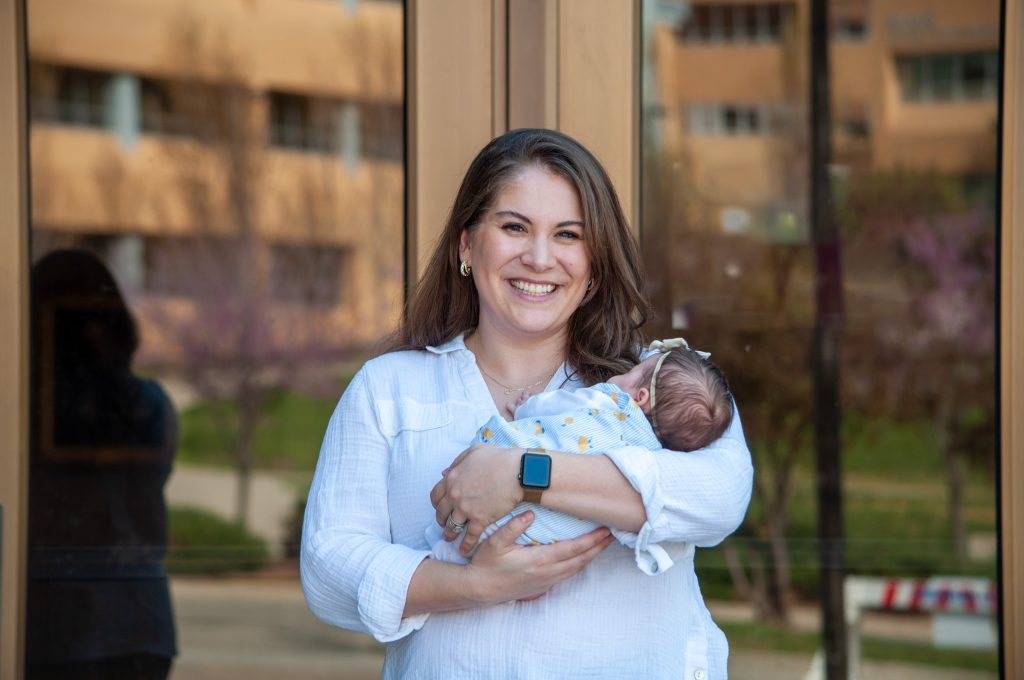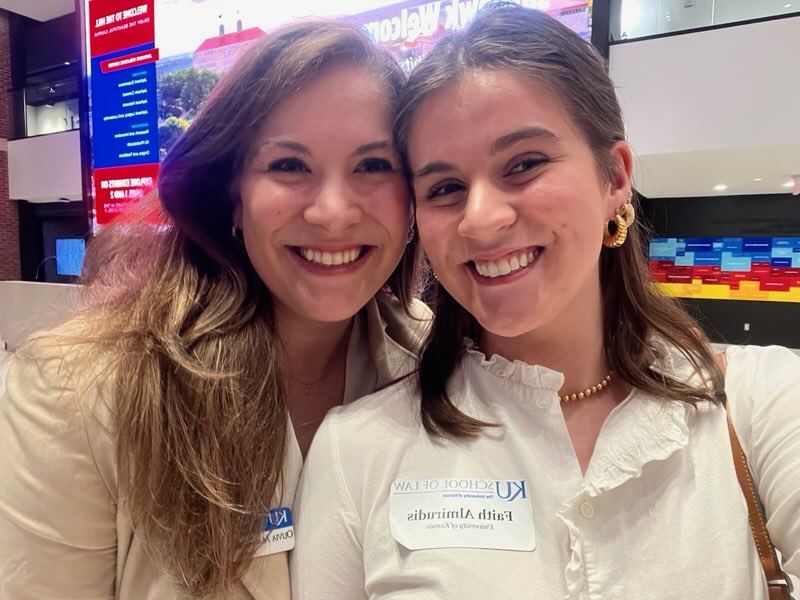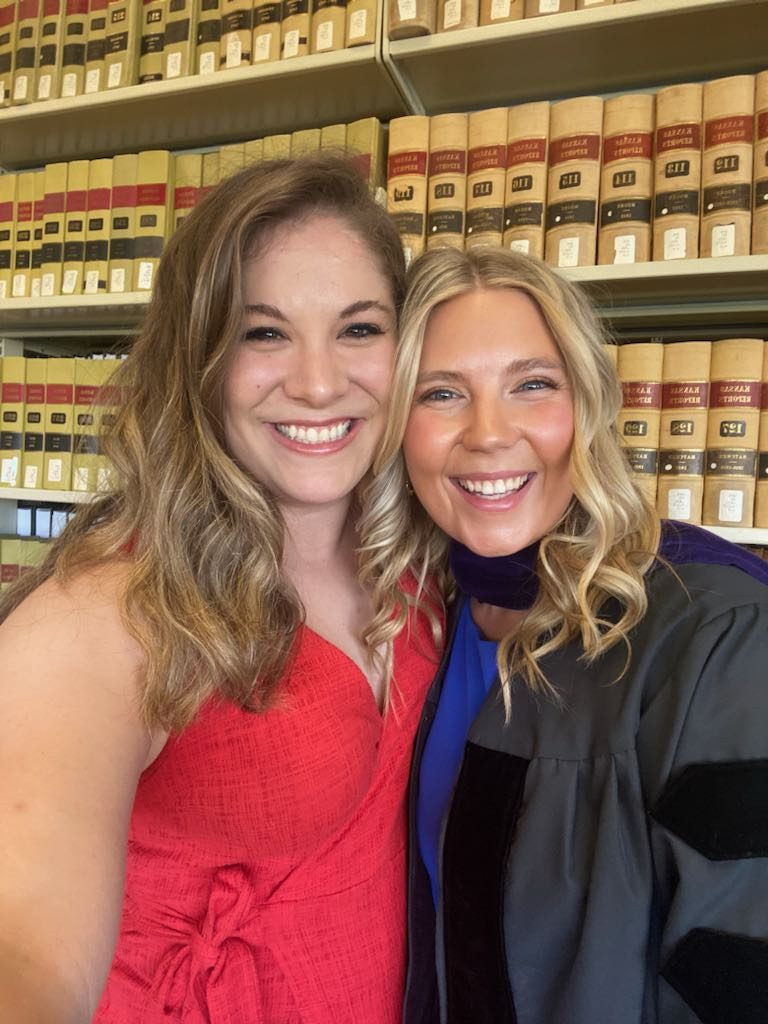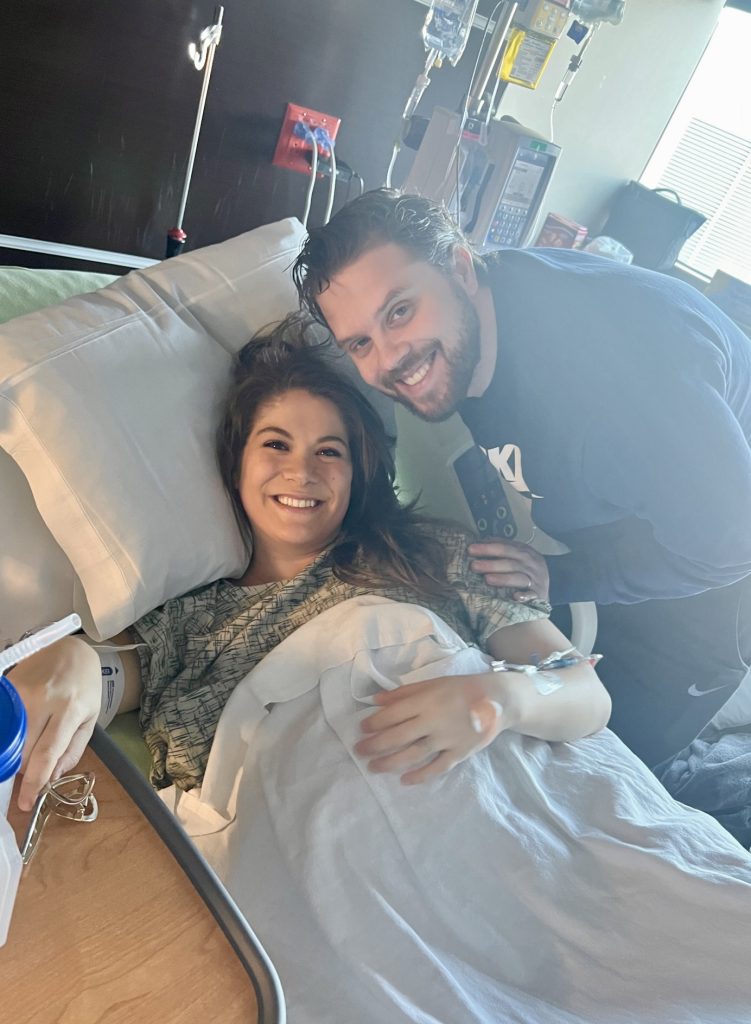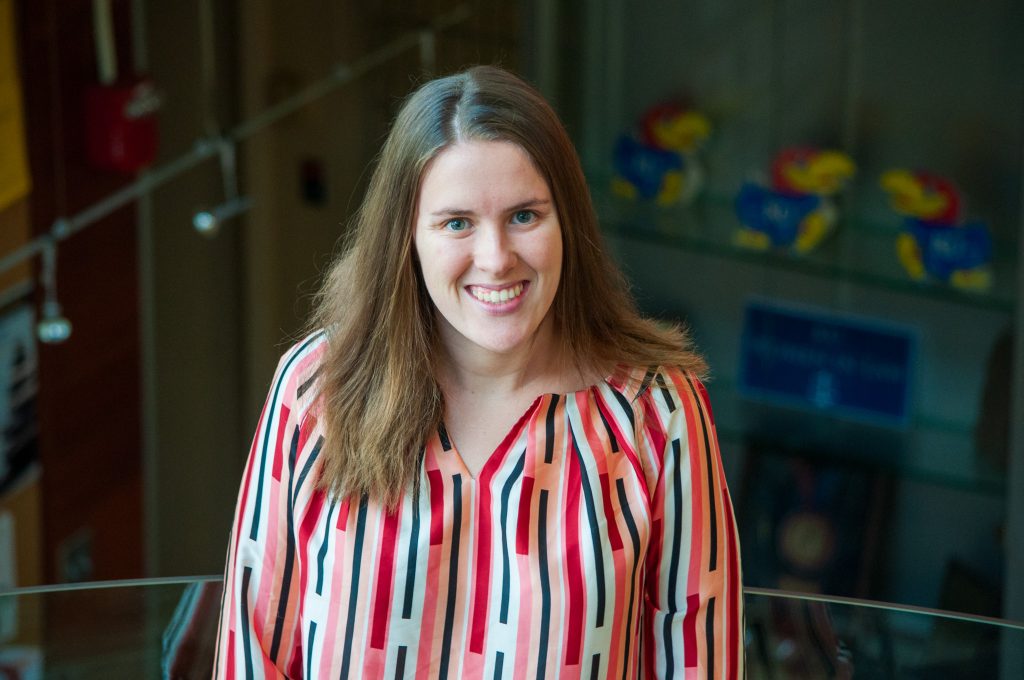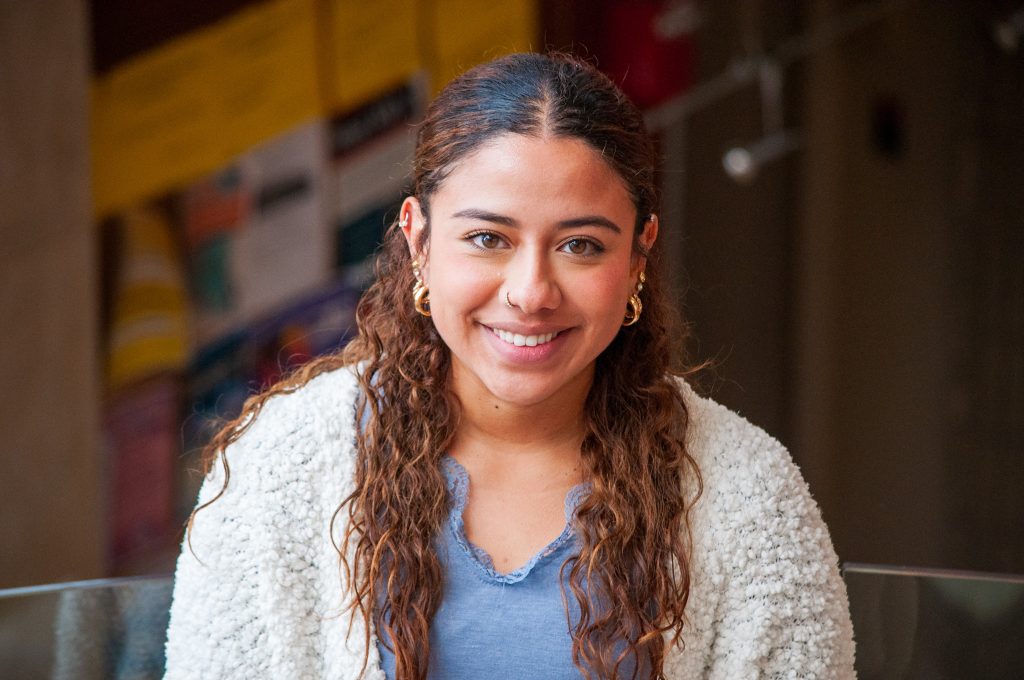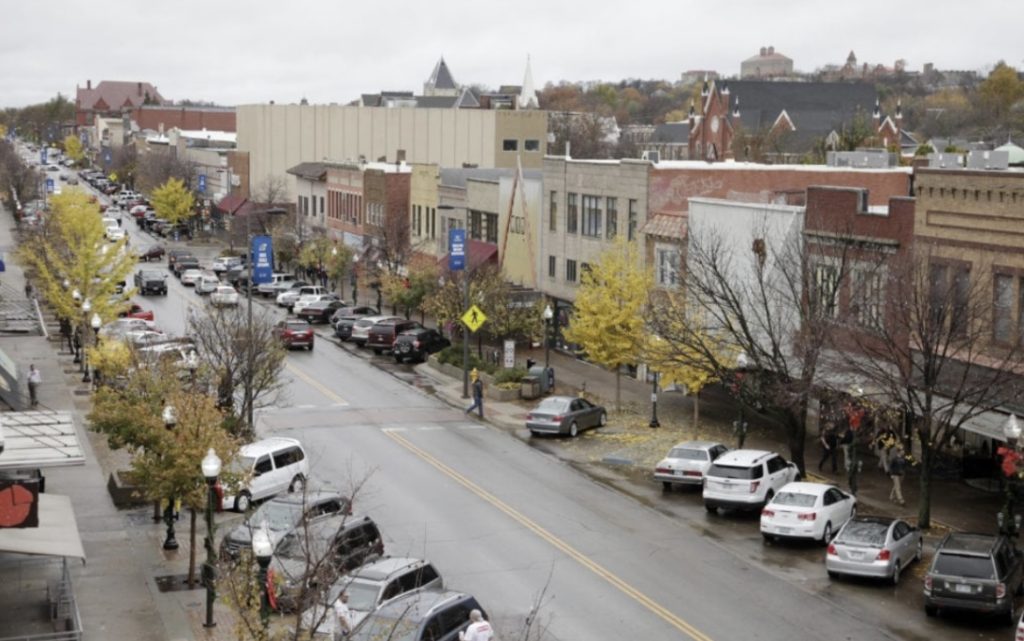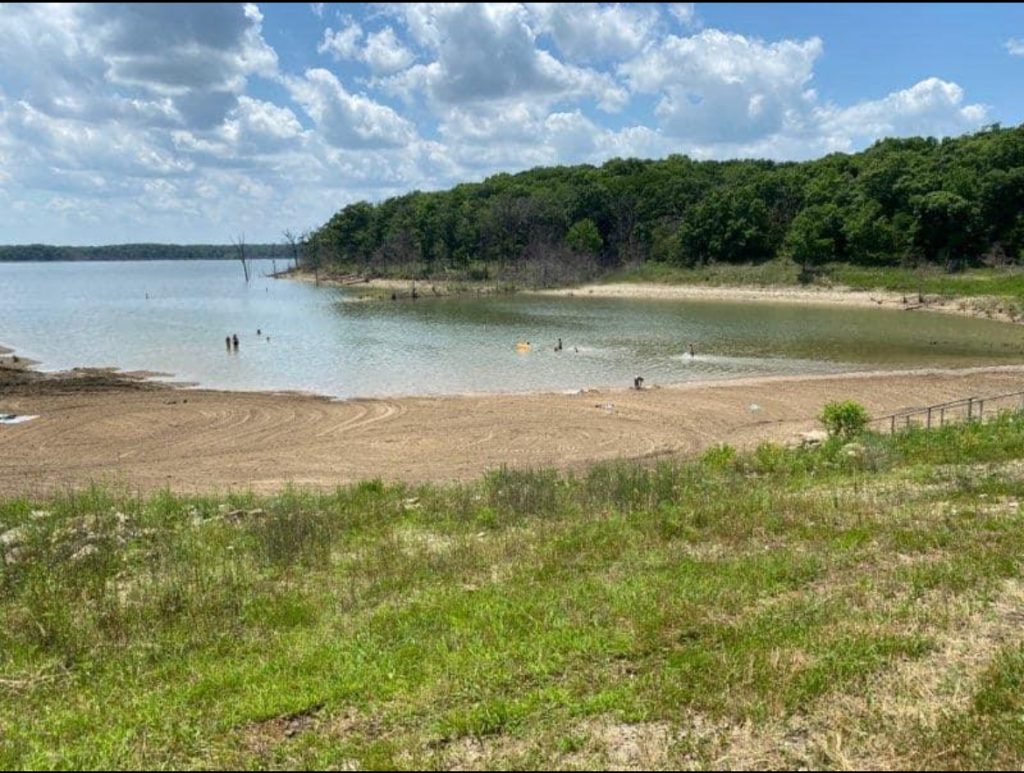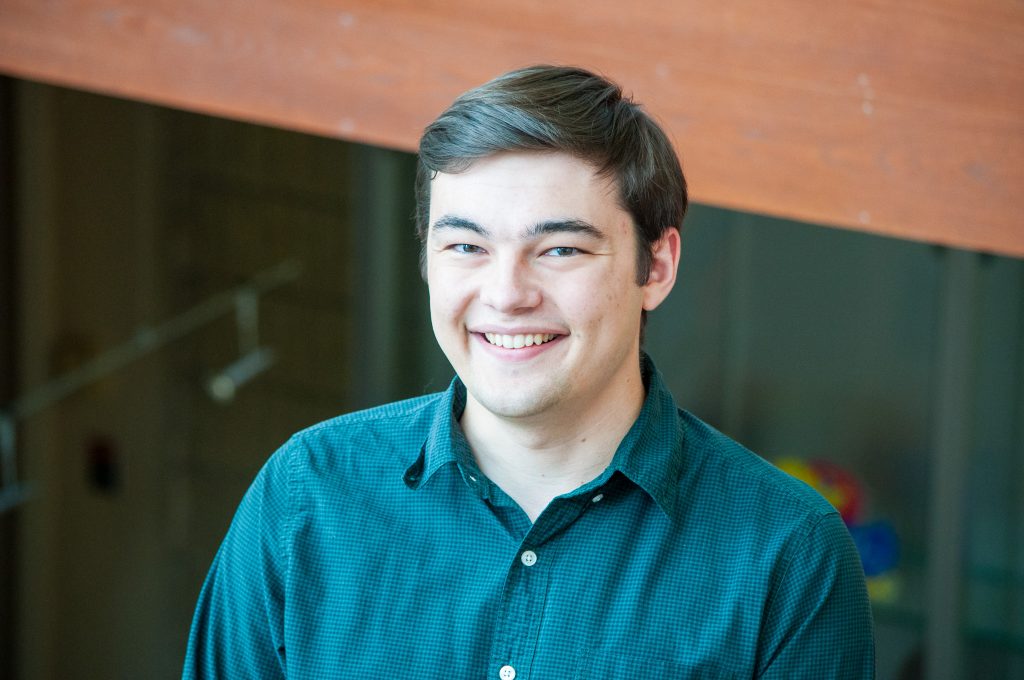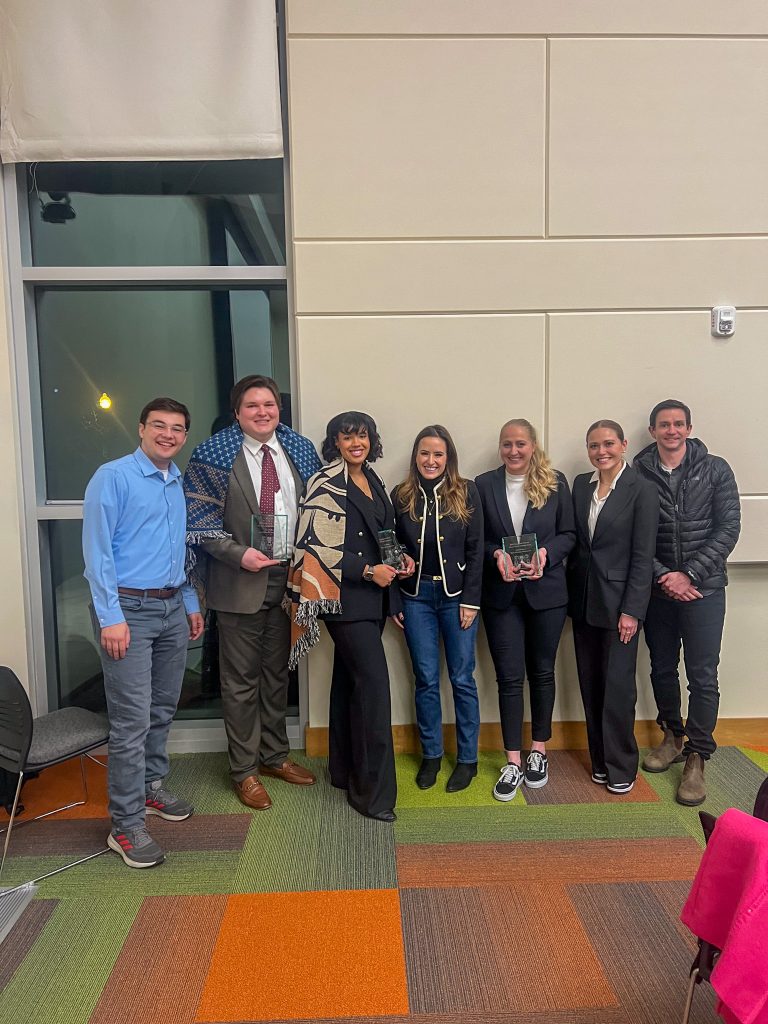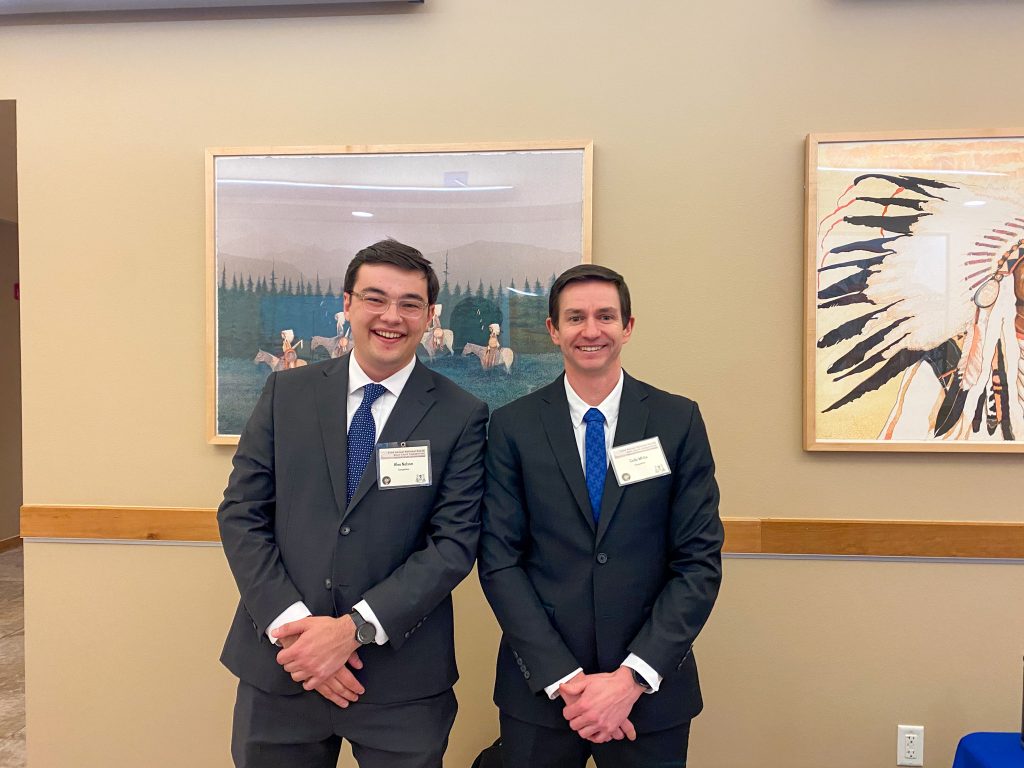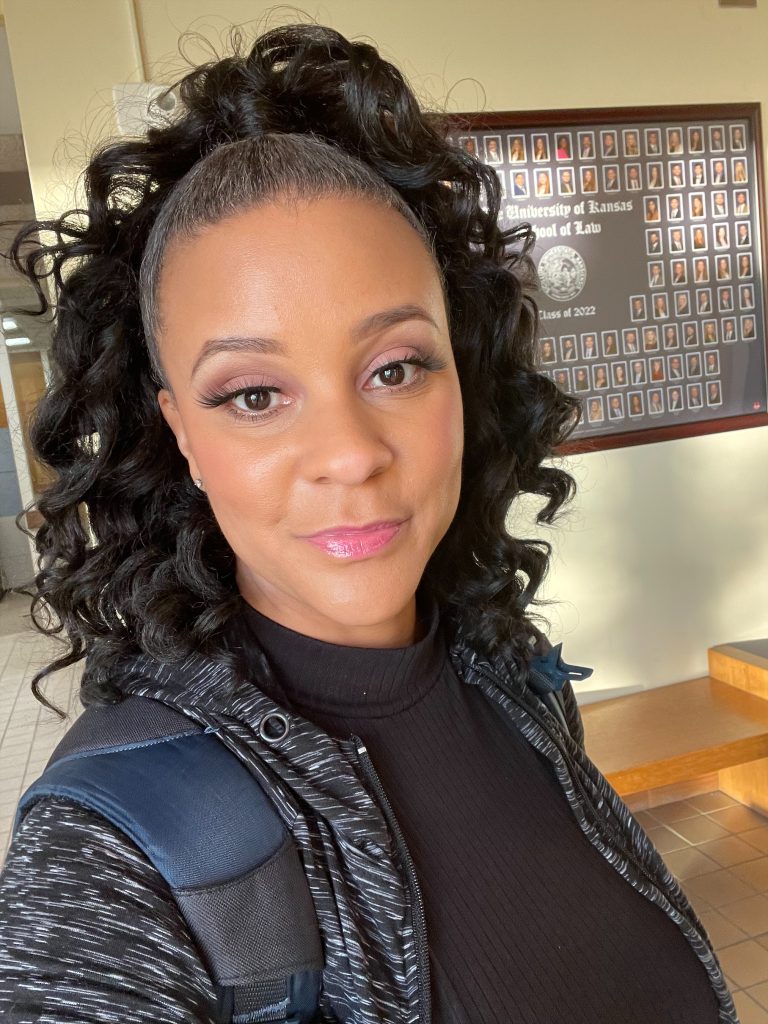KU Law celebrates 30 years of helping the community with free tax preparation
Nothing in life is certain except for death and taxes. For the last 30 years at KU Law, one more thing has been certain: the VITA clinic. Started in 1994, the Volunteer Income Tax Assistance program (VITA) was created to connect law students with the community and help community members file their tax returns.
Led by the president of the Business and Tax Law Society, the VITA clinic was already in full swing when Dean Stephen Mazza joined KU Law as a faculty member in 1998. Initially focused on helping international students file tax returns, the process looked a little different than it does today.
“I got involved probably two or three years after I arrived because the IRS was transitioning from paper returns to electronic,” said Mazza. “That was sort of the transition period where Legal Services for Students got a grant from the IRS to help international students and the need for the VITA clinic switched.”
Legal Services for Students (LSS) also offers free tax filing assistance through a VITA grant from the Internal Revenue Service. Like VITA, LSS helps U.S. resident taxpayers but also helps international students, faculty and staff at KU file their taxes for free.
“We know tax filing can feel complicated and even overwhelming for taxpayers,” said Jo Hardesty, director of LSS. “That’s why at LSS, our goal is not only to help taxpayers get their returns filed but to educate taxpayers about the tax system.”
The VITA clinic has remained one of the most visible pro bono projects KU Law offers and is one of the few pro bono projects that is not tied directly to class credit. Students who volunteer for the program receive firsthand experience working with the Lawrence community and developing valuable skills for their future careers.
“This clinic is a great opportunity for students to develop some client interviewing and counseling skills,” said Mazza. “Our students are an important resource for members in our community who get high-quality legal assistance without having to pay for it.”
This year, the VITA clinic has already helped more than 70 members of the local community, but Shannon Greene, 3L, president of the Business and Tax Law Society and leader of the 2024 VITA clinic, has hopes that the number will grow by the time tax season is over.
“Last year we filed 118 tax returns and that’s double how many we filed from my 1L year,” said Greene. “Our program just keeps growing over time.”
Since its inception, the VITA clinic has filed more than 6,500 tax returns and has enlisted the help of more than 500 student volunteers. It’s the community connections that keep law students returning to volunteer year after year. Even recent graduates still remember their experiences fondly.
“The VITA program is a great way to give back to the community,” said Tyler Hellenbrand, L’22, who ran the program in 2022. “For many, filing taxes can be an expensive and confusing process. The VITA program alleviates those difficulties by providing quality tax assistance at no cost.”
VITA has remained a community staple for 30 years and plans to continue for at least the next 30 years.
“Some of our clients have been coming back for decades,” Mazza said. “I remember who they are and when we used to report their children as dependents. Now their children are grown. It’s nice to see the same client base and know that they have enough faith in us to help them year after year.”
Hear more about the program from Shannon Greene on According to the Record by FM 101.7FM 1320AM KLWN.
–By Emma Herrman

